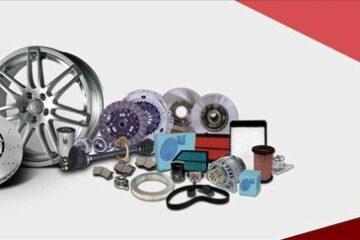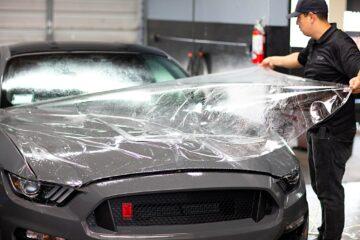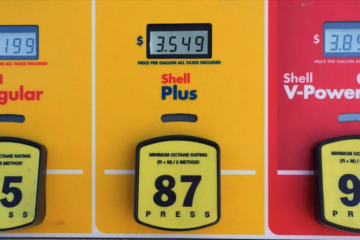Your car’s braking system is vital for safety. It needs to be in top condition at all times. One component that plays a critical role is the brake rotor. These discs are what the brake pads clamp down on to slow down or stop the wheels. They are typically made of cast iron, which is susceptible to rust. So, it’s natural to wonder if a little rust on your brake rotors is a cause for concern.
What Causes Rust on Brake Rotors?

Rust is iron oxide. When iron comes into contact with oxygen and moisture, it rusts. This is why you see rust on things like outdoor furniture and tools left out in the elements. Brake rotors are no exception. They are exposed to moisture from rain, car washes, and even just from humidity in the air.
Is Some Surface Rust Normal?
Yes, a thin layer of surface rust on your brake rotors is perfectly normal. This is especially common if your car has been sitting for a while, or if you’ve driven through wet conditions. The good news is that this type of surface rust is usually nothing to worry about. The first time you apply the brakes, the friction will wear away the rust.
When to Worry About Rusty Brake Rotors
In some cases, rust on brake rotors can be a sign of a more serious problem. Here are some things to look for:
- Deep rust: If the rust is more than just a surface layer, and it has begun to pit the surface of the rotor, then it’s time to take your car to a mechanic. Deep rust can compromise the braking performance of your rotors.
- Uneven wear: Rust can also cause uneven wear on the brake pads and rotors. This can lead to pulsating or grinding brakes.
- Grabbing or grinding: If you feel your brakes grabbing or grinding when you apply them, this could be a sign of rust or other damage to the rotors.
How to Prevent Surface Rust on Brake Rotors
There are a few things you can do to help prevent surface rust on your brake rotors:
- Drive your car regularly: This will help to wear away any surface rust that may form.
- Avoid short trips: Short trips don’t give the brakes enough time to heat up and wear away any surface rust.
- Park in a dry place: If possible, park your car in a garage or other dry location.
Do Rusty Brake Rotors Need to Be Replaced?
Whether or not your rusty brake rotors need to be replaced depends on the severity of the rust. If it’s just a thin layer of surface rust, then you may be able to get by with just having them resurfaced (smoothed out). However, if the rust is deep or if it has caused other damage to the rotors, then they will need to be replaced.
Getting Help with Rusty Brake Rotors
If you are concerned about rust on your brake rotors, it is always best to err on the side of caution and take your car to a qualified mechanic. They can inspect your rotors and advise you on the best course of action.
Conclusion
A little bit of surface rust on your brake rotors is normal and shouldn’t be a cause for concern. However, if the rust is deep or if it is causing other problems, then you will need to have your rotors replaced. By being aware of the signs of rust damage and taking steps to prevent it, you can help to ensure that your brakes are in top condition and that you are safe on the road.



